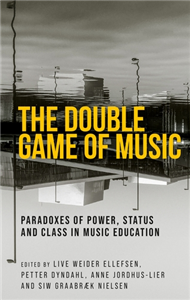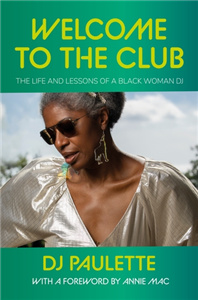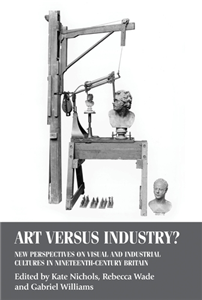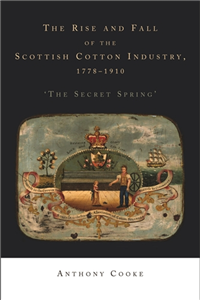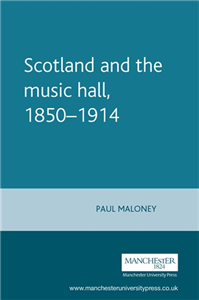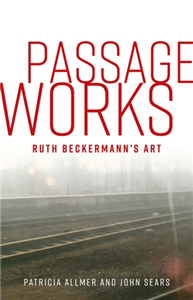Naxos Deutschland Musik & Video Vertriebs GmbH
About Naxos licensing service As the world's leading classical music label, we can offer you an unparalleled range of repertoire for licensing. Our continuously-expanding catalogue now contains over 750,000 tracks, all of the highest artistic standard, all in state-of-the-art digital sound and many critically-acclaimed. From Early music to Opera, from Medieval to Post-Modern, from Bach to Wagner, Naxos has it. And because we own our recordings outright we can clear the right overnight without involving third parties. Are you looking for unique music for your project? We are offering a complete service from your initial concept to the finished product. Julia Brunzlow eMail: jb@naxos.de Tel.: 0171-3312975 Julia Gärtner eMail: jg@naxos.de Tel.: 08121-2500747 Web: www.naxoslicensing.com
View Rights Portal



